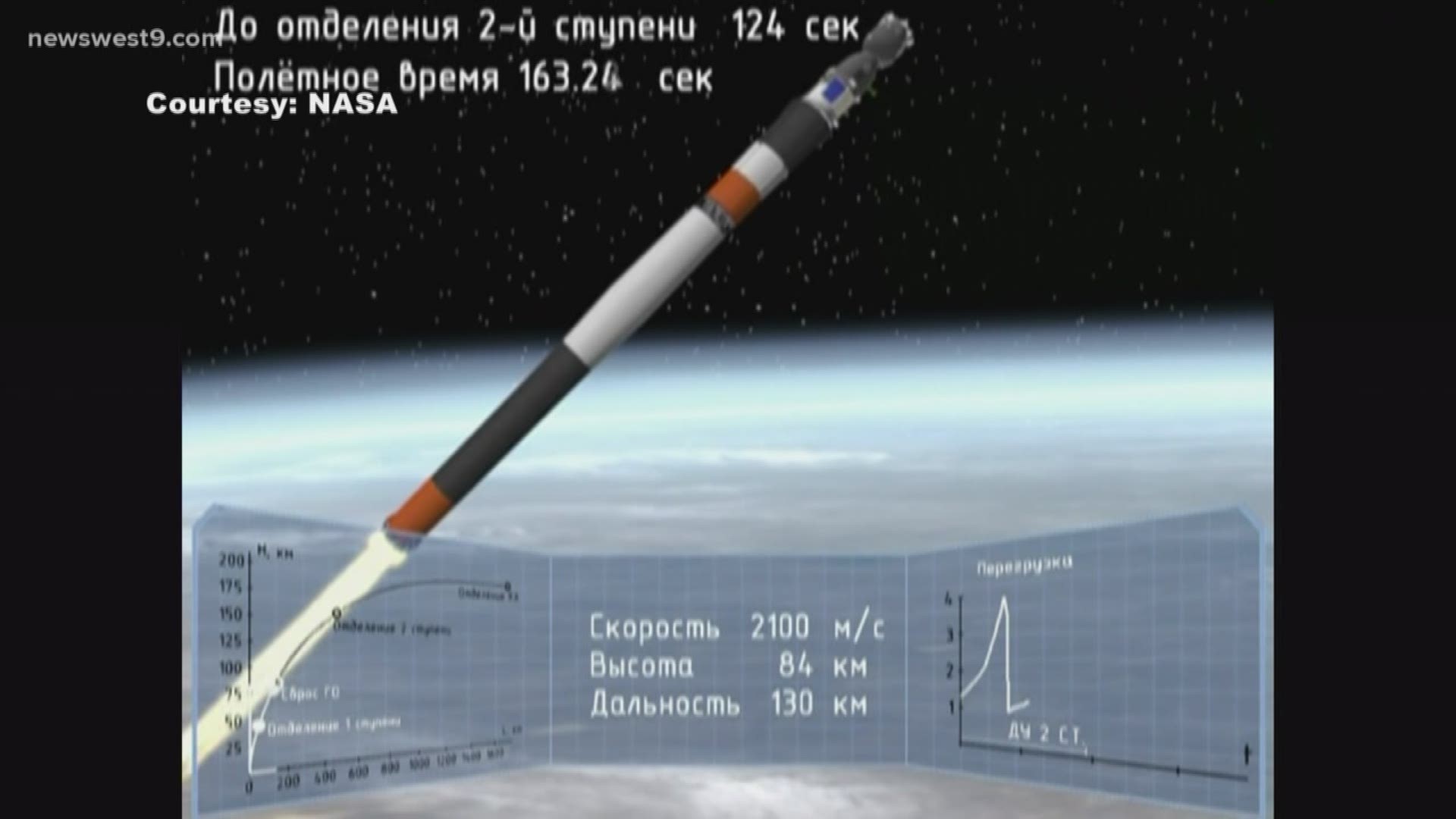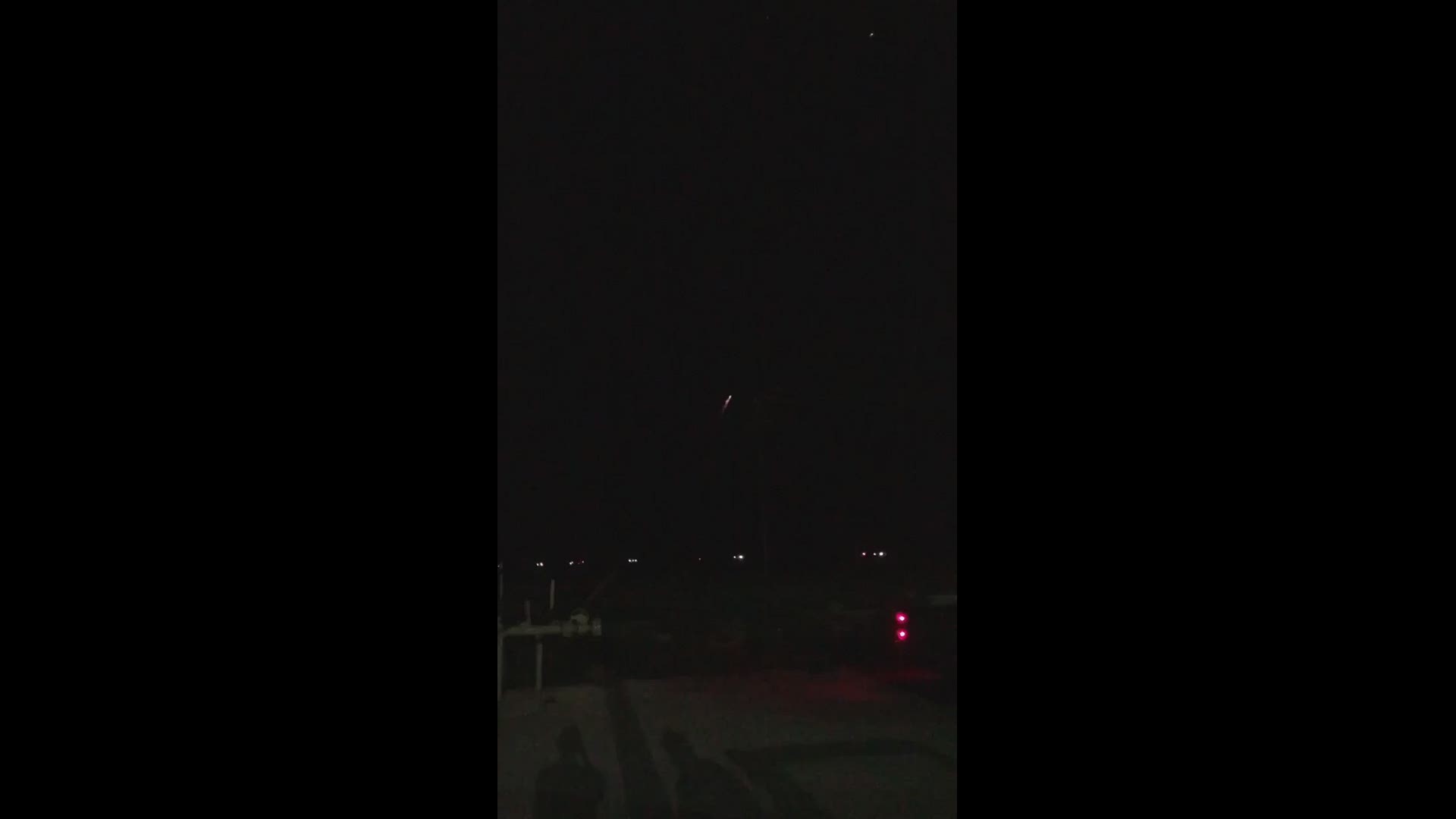MIDLAND, Texas — West Texas skies lit up shortly after 2 a.m. as a strange object streaked across the sky.
Initially, it appeared to be a meteor breaking up in the earth's atmosphere. But this object was moving too slow and didn't behave like a typical meteor.
Upon further investigation, this object was not a space rock, but rather something built by humans.
Dr. Marco Langbroek, a Dutch archaeologist who researches asteroids and satellite behaviors, tweeted that this was not a meteor, but a Russian rocket booster that was launched in 2019.
This was also confirmed by Jonathan McDowell, an astronomer at the Harvard-Smithsonian Center for Astrophysics.
The rocket entered the earth's atmosphere over Mexico and began to break up over New Mexico and Texas.
The version of the Soyuzlaunch system consists of three stages: a first stage, second stage, and an upper stage called the Volga.
"The piece that came down over Texas was the upper stage, not the 'upper upper' one, but the regular one that is the same one that is used on the Soyuz that launches astronauts," McDowell said.
After the second stage releases from the Volga, it's in a very low orbit, and in this low orbit, the atmosphere, while still very thin, is not zero.
It's this thin atmosphere that ultimately takes its toll on the rocket. McDowell describes it as a runaway process.
"Over a period of time as it plows through this very thin outer atmosphere, the orbit shrinks and shrinks and gets lower. As it gets lower, the air gets denser."
The intense heating due to air resistance in the upper atmosphere ultimately caused the rocket's demise.
According to the Combined Space Operations Center, the Russian rocket booster re-entered the atmosphere at approximately 2:02 a.m.CDT Saturday.
MORE VIEWER VIDEOS



